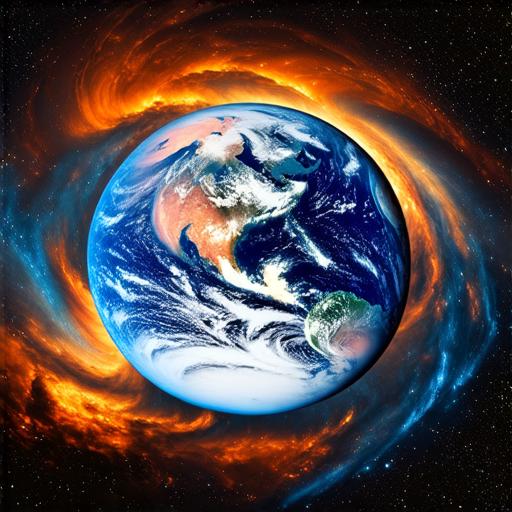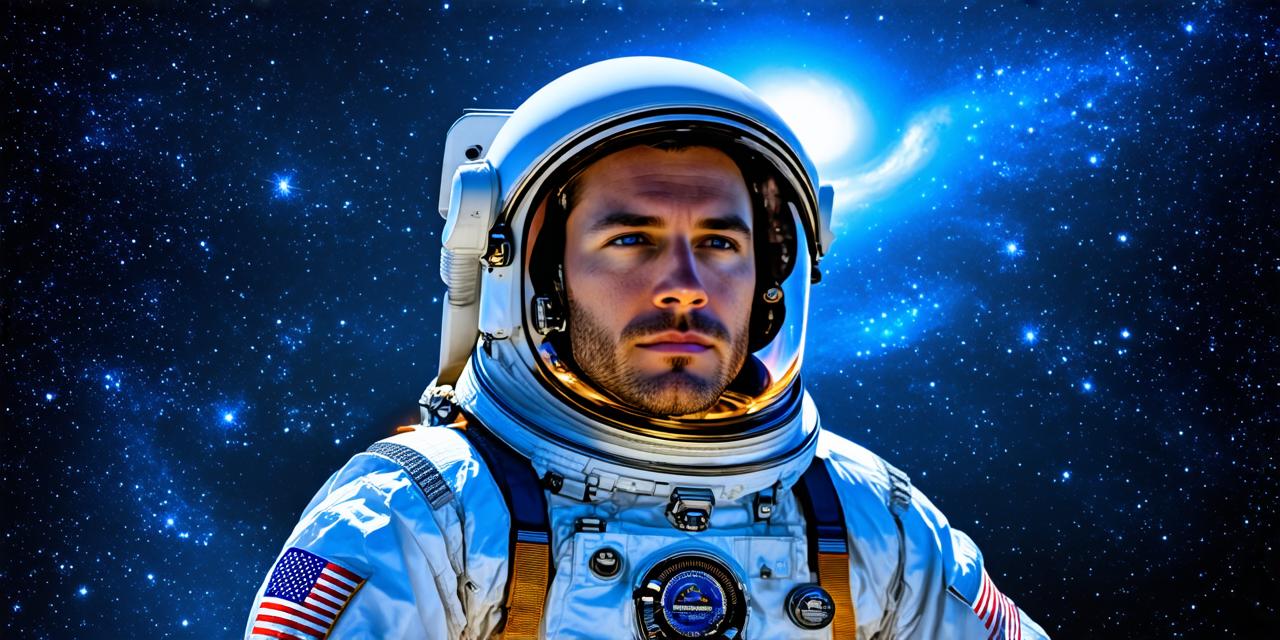
The concept of cosmic unity is a complex and multifaceted idea that has fascinated scientists, philosophers, and spiritual thinkers for centuries.
At its core, the idea is that there is an underlying unity or interconnectedness that binds all things together in the universe. This unity can be seen at various levels of scale, from the smallest subatomic particles to the largest galaxies and clusters of galaxies.
Natural Forces and Processes
One common view among scientists and naturalists is that the cosmic unity we observe in the universe is a product of natural forces and processes that operate independently of any divine intervention. According to this perspective, the universe is made up of countless particles and forces that interact with each other in complex and sophisticated ways.
These interactions give rise to the observable patterns and structures of the universe, including galaxies, stars, and planets.
For example, physicists have discovered that the fundamental forces of nature, such as gravity, electromagnetism, and the strong and weak nuclear forces, all interact in a way that creates a kind of cosmic web or fabric. This cosmic web is thought to be responsible for the large-scale structure of the universe, including the distribution of matter and energy across different scales.
In addition to these fundamental forces, scientists have also identified various other physical processes that contribute to the cosmic unity we observe in the universe. For example, the process of star formation is thought to be a key driver of galactic evolution, as new stars are born and die over time, releasing energy and elements into the interstellar medium. This process helps to maintain the balance and harmony of the galaxy as a whole.
Divine Intervention
Despite the evidence in favor of natural forces and processes, there are still many people who believe that some kind of divine intervention is necessary to create cosmic unity. In this view, the universe was created by an intelligent being or beings that imbued it with a kind of intrinsic unity or harmony.
There are many different religious traditions that hold this belief, including Christianity, Islam, Judaism, Hinduism, and Buddhism. For example, in the Christian tradition, the creation story describes how God created the universe out of nothing and imbued it with a kind of divine spark or consciousness. This divine spark is thought to be responsible for the unity and harmony that we observe in the universe.
In addition to religious traditions, there are also some philosophical perspectives that hold this view. For example, some people believe that the concept of cosmic unity can only be fully realized through the action of an intelligent being or beings that guide and direct the evolution of the universe.
Human Influence
Finally, there are those who believe that human beings have a role to play in creating cosmic unity. According to this perspective, human beings have the ability to influence the course of history and shape the destiny of the universe through their actions and decisions.
In this article, we will explore some of these different perspectives on who or what is responsible for creating cosmic unity. We will also examine some of the scientific evidence that supports each perspective and consider the implications of these findings for our understanding of the universe and our place within it.
